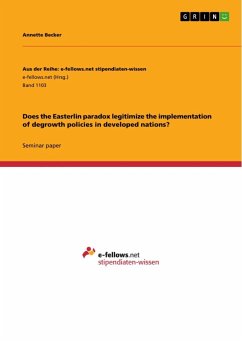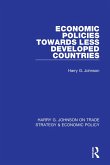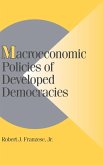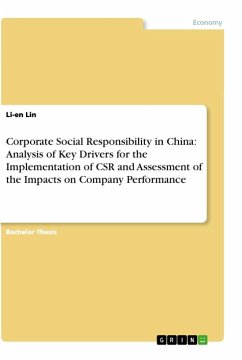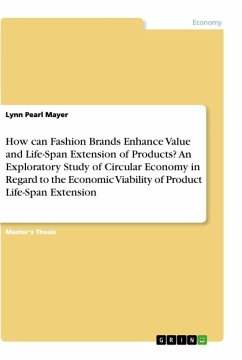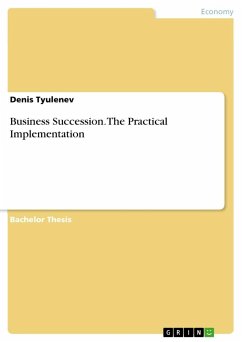Seminar paper from the year 2014 in the subject Business economics - Miscellaneous, grade: 2,0, University of Bayreuth (Institut für Philosophie), course: Integration of philosophy and economics, language: English, abstract: "Every day, in every industrialized country of the world, journalists and politicians giveout a conscious and unconscious message. It is that better economic performance meansmore happiness for a nation. This idea is rarely questioned. We feel we would be morecheery if our boss raised our pay, and assume that countries must be roughly the same.The results in this paper suggest that, in a developed nation, economic progress buysonly a small amount of extra happiness." (Oswald 1997, p. 1827) Based on Oswald's introductory statement, this paper is going further than refuting the assumption that acertain kind of utility is solely contingent on absolute earnings. With the interpretationof utility as happiness, it would mean for the aggregate economy as well as fortheindividual that income secures happiness with a rising tendency. Having started withOswald, another economist with well-known findings has to be made mention of:Richard Easterlin, who constructed the hypothesis that from a certain threshold ofdevelopmental achievements on, economic growth is of minor significance to the overalllife satisfaction of a nation. The so-called Easterlin paradox originally arose as data onricher citizens within a country displayed a higher level of subjective well-being and ledto the assumption that "economic growth improve[s] the human lot" (Easterlin 1974).Nevertheless, a comparison amongst well-developed states and over time revealed thatthere's little difference of each population with regard to happiness. Thus, it appearsthat not the absolute but relative wealth is of import to life satisfaction in crossindividualand cross-stratum comparisons. Even though it never gained as muchattention as its foreshadowing counterpart by Easterlin, the phenomenon is alsodenoted as the "relative deprivation theory" (Oswald 1999, p. 360), pointing out thestate of deprived happiness poorer individuals in a society suffer.
Hinweis: Dieser Artikel kann nur an eine deutsche Lieferadresse ausgeliefert werden.
Hinweis: Dieser Artikel kann nur an eine deutsche Lieferadresse ausgeliefert werden.

